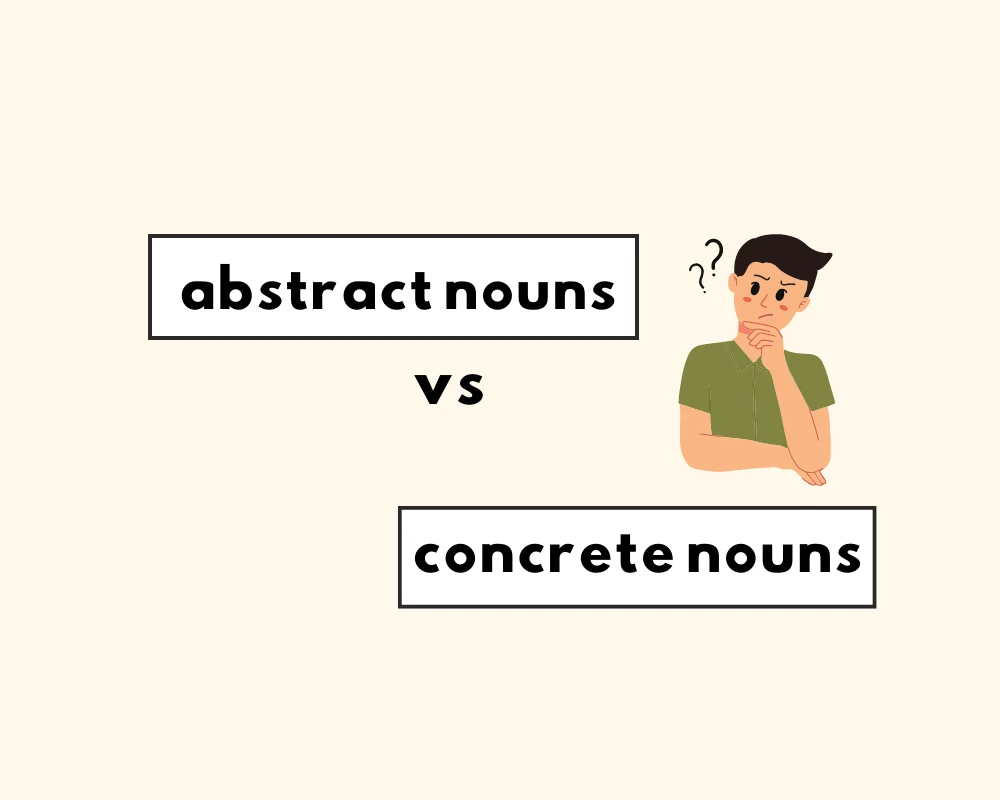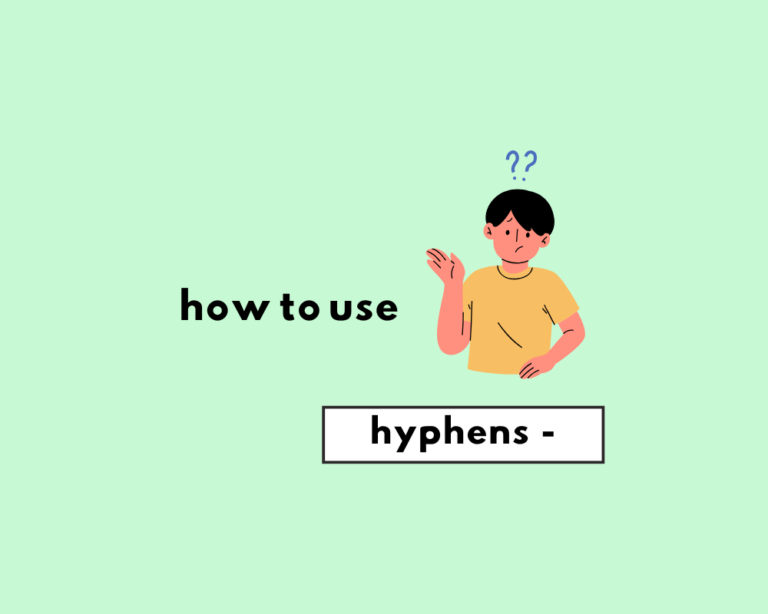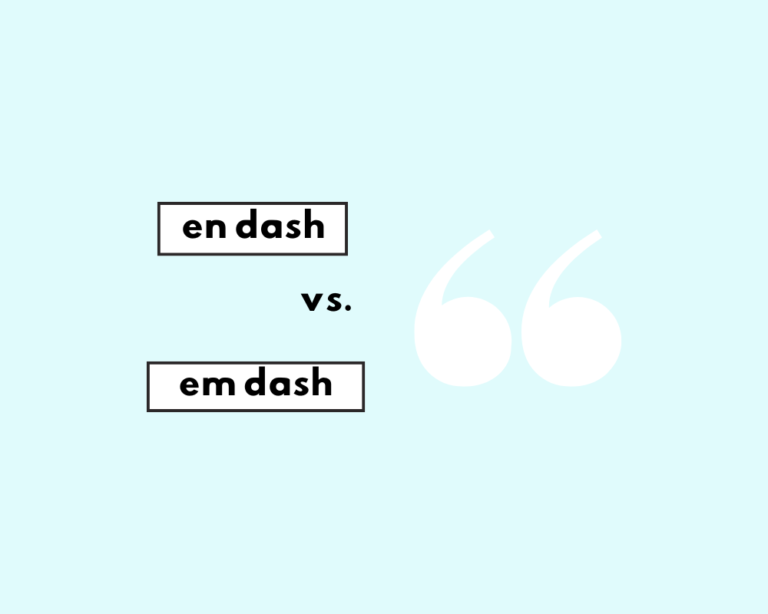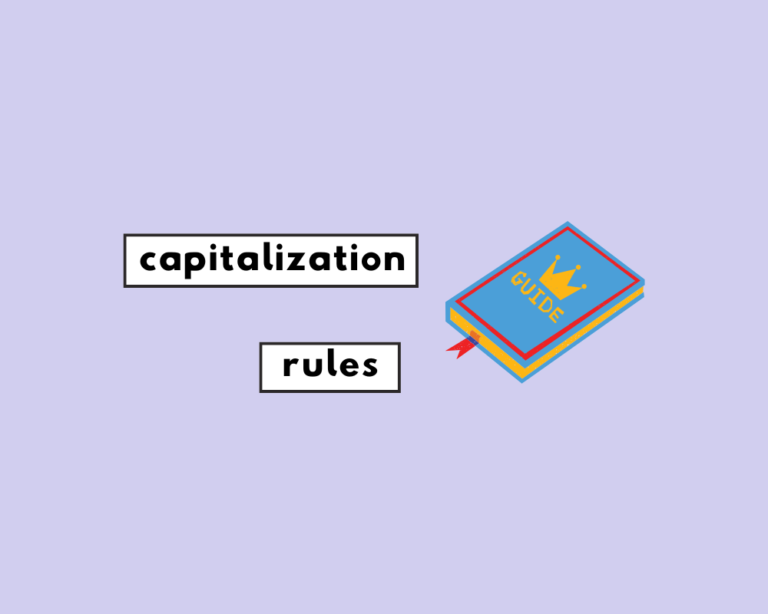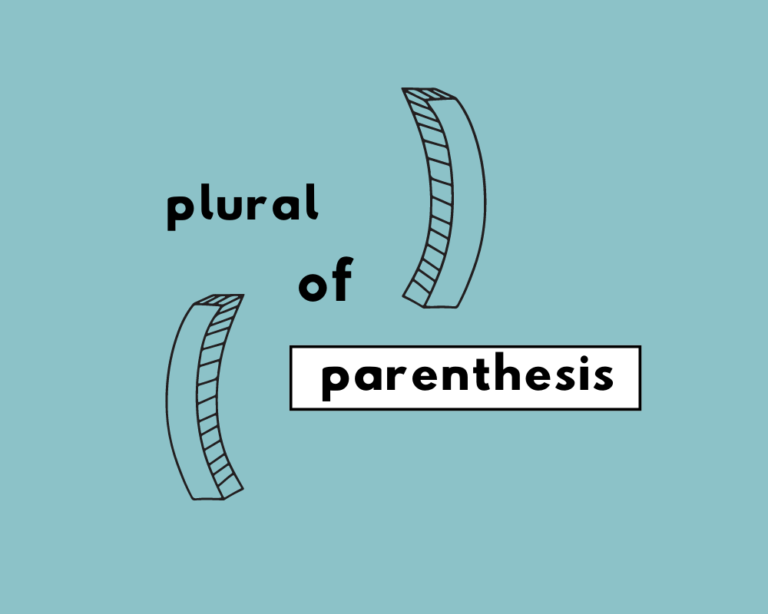
Contents
Toggle
Abstract nouns vs. concrete nouns
As we have learned by now, nouns name all sorts of things, many of which are easily perceivable by our senses.
Books, pens, tables and puppies are all things we can see and feel because they are physical things that (that occupy time and space), which we can count.
- Physical items and objects are concrete nouns in grammar, and most use singular and plural forms.
- Abstract nouns, by contrast, name non-physical things, such as emotions (“sadness“), ideas and concepts (e,g, “democracy“, “justice“), or states we experience (“motherhood“, “childhood“). Abstract nouns stay singular in form.
What types of things are concrete nouns?
Living things: People, animals, plants, and other organisms (both general and specific, like a boy and Harry Styles).
Places: both specific and general, like country and California.
Material things: Physical objects, like a pair of shoes, and activities, like basketball.
Abstract Nouns, by contrast, are things that are not perceivable by the senses. The word abstract means ‘pulled away from’. The meaning of abstract in philosophy is, “withdrawn or separated from material objects or practical matters”. So, abstract nouns name ideas, emotions, actions and qualities.
Actions like hatred, love, laughter and judgment.
Qualities or traits like goodness, kindness, honesty, wisdom and bravery.
States of being like youth, childhood, death, sickness, freedom.
Philosophical concepts like existentialism, ethics, justice, nihilism and democracy.
Because abstract nouns mention concepts, ideas and emotions that are not perceivable to us by the senses, and are essentially invisible (or without a physical presence), we are unable to count most abstract nouns. Concrete nouns are countable since they represent physical objects, places or people, and so concrete nouns have both singular and plural noun forms.
Abstract nouns, for the most part, do not have a plural noun form, and remain singular because abstract nouns mention things that are unable to be physically counted (like knowledge or freedom). As a result, we wouldn’t say ‘you have a lot of knowledge‘, but rather ‘you are knowledgeable‘.
Formation of abstract nouns
Abstract nouns are based on adjectives, verbs and sometimes common nouns. They’re formed by attaching suffixes to the root word:
Mother + hood = motherhood
Owner + ship = ownership
Punish + ment = punishment
Dry + ness = dryness.
Abstract nouns might end in suffixes:
-y, -ty, or -ity, like joy, beauty and responsibility.
-ion, -tion, -sion or -ation like collection, destruction, admission and admiration.
-ence, -cy or -ice like intelligence, agency, advice.
Countable vs. uncountable nouns
Just as traits like kindness and bravery cannot be physically counted, there are certain substances and masses in the world that are also uncountable. Water, oil, sand and gold are substances that exist in mass and are too plentiful to be counted (or simply defy being counted).
Uncountable Nouns, also called Mass Nouns, refer to things in the world such as sand, rice and air that are either too plentiful or exist in a state that cannot be counted. Like most abstract nouns, uncountable or mass nouns stay singular and have no plural noun form. They’re referred to only as a singular noun.
Mass nouns stay singular because they don’t exist in a form that allows them to be counted, but they are not necessarily the same as abstract nouns. Abstract nouns are singular because they are conceptual and nonphysical; mass nouns stay singular because they are not in a form that is possible to count. See the difference?
Spot the abstract & concrete nouns in the sentences
1. She held the delicate flower in her hand, feeling a profound sense of peace in the garden.
2. The laughter of children echoed through the park as they played on the colorful playground equipment.
3. His leadership skills were evident as he guided the team to build a sturdy bridge over the river.
4. The musician played a haunting melody on the violin, evoking a strong sense of melancholy in the audience.
5. The architect’s vision for the skyscraper combined innovation and practicality in its unique design.
6. The rain fell in a gentle drizzle, matching the mood of reflection he was in.
7. The museum’s exhibit showcased ancient artifacts that offered insights into the culture and history of the region.
8. Her passionate speech about gender equality stirred feelings of inspiration among the listeners.
9. The old bookstore had a distinctive aroma of dusty books, creating an atmosphere of nostalgia and warmth.
Learn more about nouns
Answer Key
- Sunrise, awe.
- Flower, peace.
- Laughter, playground.
- Leadership, bridge.
- Musician, melancholy.
- Innovation, design.
- Rain, reflection.
- Ancient artifacts, history.
- Speech, inspiration.
- Aroma, books, warmth.
Sources
- High School English and Grammar Composition, P.C. Wren.
- Grammarly, abstract and concrete nouns.
- Meaning of abstract, etymonline, accessed Oct 17, 2023.

